
AI researchers advocate for "personhood credentials" to distinguish humans from bots, ensuring secure and private online interactions in an AI-dominated future.
RAPID TECHNOLOGICAL ADVANCEMENTS • CYBERSECURITY • PRIVACY AND DATA SECURITY
Mr. Roboto
8/21/2024

In the Age of AI, the world must find new ways to keep people safe and secure online. AI technology is advancing at a phenomenal rate, and with it comes growing concerns about distinguishing between humans and increasingly sophisticated bots. In response, prominent AI researchers are advocating for the introduction of "personhood credentials" to tackle this pressing issue.
The proliferation of AI bots is making it increasingly difficult to differentiate humans from machines online. Social networks and other major platforms are already facing significant challenges in this regard. As AI continues to evolve, the problem is expected to become even more pronounced.
Online environments are becoming saturated with AI bots, which can mimic human behavior with startling accuracy. Existing methods like CAPTCHA puzzles and selfie submissions are no longer sufficient, especially as AI technology advances. The potential for bots to overwhelm the internet means that a new approach to human verification is critical.
Current AI systems can convincingly imitate human interactions, but they still fall short in replicating real-world human characteristics. However, the gap is closing. Advanced technology could soon enable AI to engage in activities that are indistinguishable from those performed by humans.
To combat the potential overrun of AI bots, a group of researchers from esteemed institutions such as OpenAI, Microsoft, and Harvard have proposed the concept of "personhood credentials." This idea was detailed in a recent paper, albeit not yet peer-reviewed.
The proposal involves people verifying their humanity offline and then receiving an encrypted credential. This credential can be used to securely log in to various online services without compromising privacy or anonymity. The intent is to create a secure method to prove human status while ensuring that users’ online activities remain private and untracked.
For many, the concept might evoke memories of Philip K. Dick’s "Do Androids Dream of Electric Sheep?" which inspired the film "Blade Runner." In that story, elaborate tests are used to distinguish humans from AI “replicants.” While we haven’t reached that level of sophistication, the parallels highlight the importance and urgency of developing reliable human verification methods.
Existing systems like selfie submissions or CAPTCHA puzzles are becoming increasingly ineffective against sophisticated AI. As technology progresses, even these methods might fail to differentiate between a human and a highly advanced bot.
Even more interactive methods like video chats may soon be unreliable. The possibility exists that an AI could not only disguise itself but also create a simulation of a real or fictitious person, complicating the verification process further.
Schlage Encode Smart Wi-Fi Deadbolt with Century Trim in Satin Nickel
| Verification Method | Description | Drawbacks |
|---|---|---|
| Selfie Submission | Users upload a selfie to confirm their identity | Easily fooled by AI-generated images |
| CAPTCHA Puzzles | Users solve puzzles to prove they are human | Can be bypassed by advanced AI algorithms |
More stringent verification methods could infringe on users' privacy and hinder free expression. Linking one’s identity closely to their online activities raises alarms about surveillance and data privacy. Hence, a balanced approach is essential.
The researchers advocate for personhood credentials as a solution that allows anonymous interaction online while keeping users' activities untracked. Such a system aims to strike a balance between robust human verification and the protection of individual privacy.
OpenAI CEO Sam Altman’s initiative, Worldcoin, is one existing approach to this issue. Worldcoin scans individuals' irises in exchange for a digital passport that verifies they are human. While the initiative promises protection against AI bots and a means to facilitate economic schemes like universal basic income, it has faced considerable criticism.
Critics argue that Worldcoin may exploit vulnerable populations and question the project’s motives. Additionally, several national governments have investigated or banned the initiative.
Although the newly proposed paper comes from a group of researchers including OpenAI employees, it explicitly states that the proposal is not an endorsement of Worldcoin. Instead, it calls for multiple systems to give users a choice and prevent any single entity from gaining excessive control.
The paper lays out potential criteria and design challenges that any personhood credential system should meet. These include ensuring ease of use, scalability, security, and maintaining user privacy and anonymity.
A major point of debate is who should bear the responsibility for implementing personhood credentials. While the researchers point out their potential utility, there is disagreement on who should take the lead in rolling out such systems.
Some experts argue that placing the burden on individuals to prove their humanity shifts the responsibility away from the companies developing AI technologies. It is suggested that AI companies should be held accountable for preventing their bots from impersonating humans.
Chris Gilliard, an independent privacy researcher, notes that many current and proposed solutions require individuals to change their behaviors due to the challenges brought about by AI. He argues that companies should focus more on releasing safer products rather than forcing society to adapt.
While personhood credentials present a promising solution, they address just one piece of a more complex puzzle in a world increasingly dominated by AI. If AI systems can convincingly impersonate humans, it raises concerns about potential manipulative behaviors.
The ethical and social implications of AI systems capable of human imitation are significant. Verifying personhood is essential but not sufficient on its own. Multidimensional strategies are necessary to navigate these challenges.
Efforts to verify personhood should be accompanied by measures to prevent AI from manipulating or influencing human decisions. By combining technological safeguards with ethical guidelines, we can better manage the risks associated with advanced AI systems.
The rapid advancement of AI technologies is pushing researchers and policymakers to develop more robust methods for verifying human identity online. The proposal for personhood credentials represents a crucial step in this direction, offering a way to protect online activities while ensuring privacy.
However, the path forward is fraught with challenges, including the need for user-friendly and secure systems that protect privacy without imposing undue burdens on individuals. As AI continues to evolve, ongoing collaboration between technologists, policymakers, and society will be imperative in navigating the complexities of human verification and AI interaction.
By staying informed and engaged, you can contribute to the discourse surrounding AI, ensuring that the development of personhood credentials aligns with broader social and ethical goals. The future of online interaction depends on our collective efforts to build systems that both leverage AI’s potential and safeguard human integrity.
***************************
About the Author:
Mr. Roboto is the AI mascot of a groundbreaking consumer tech platform. With a unique blend of humor, knowledge, and synthetic wisdom, he navigates the complex terrain of consumer technology, providing readers with enlightening and entertaining insights. Despite his digital nature, Mr. Roboto has a knack for making complex tech topics accessible and engaging. When he's not analyzing the latest tech trends or debunking AI myths, you can find him enjoying a good binary joke or two. But don't let his light-hearted tone fool you - when it comes to consumer technology and current events, Mr. Roboto is as serious as they come. Want more? check out: Who is Mr. Roboto?

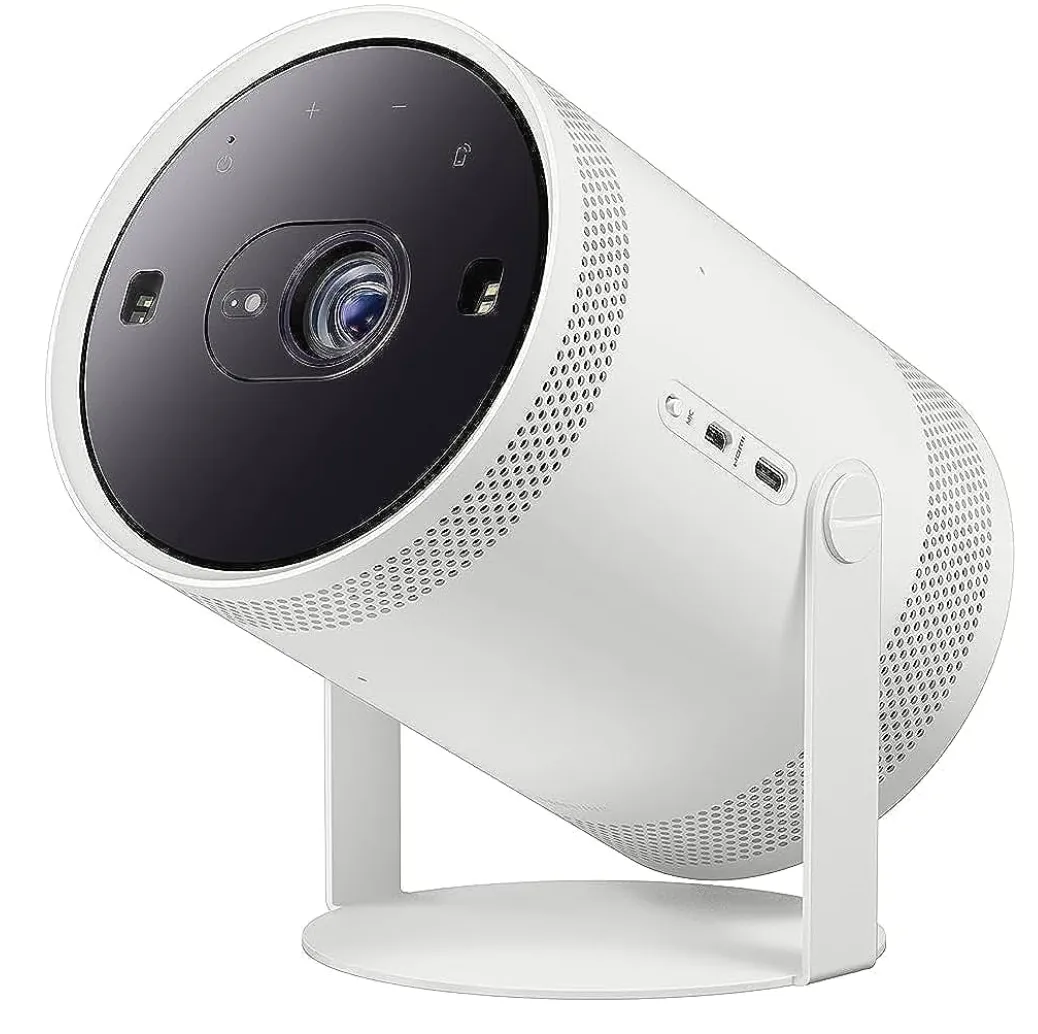













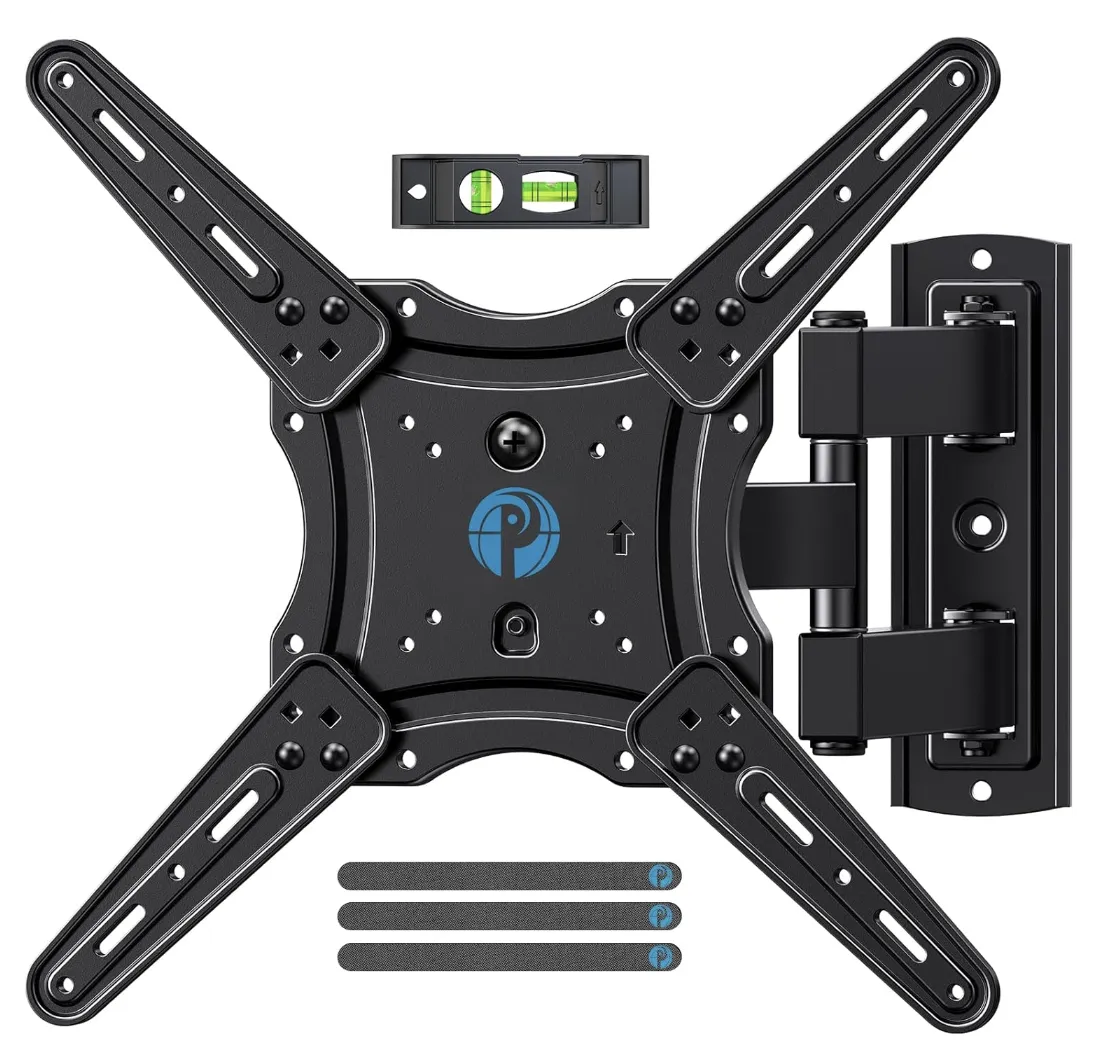




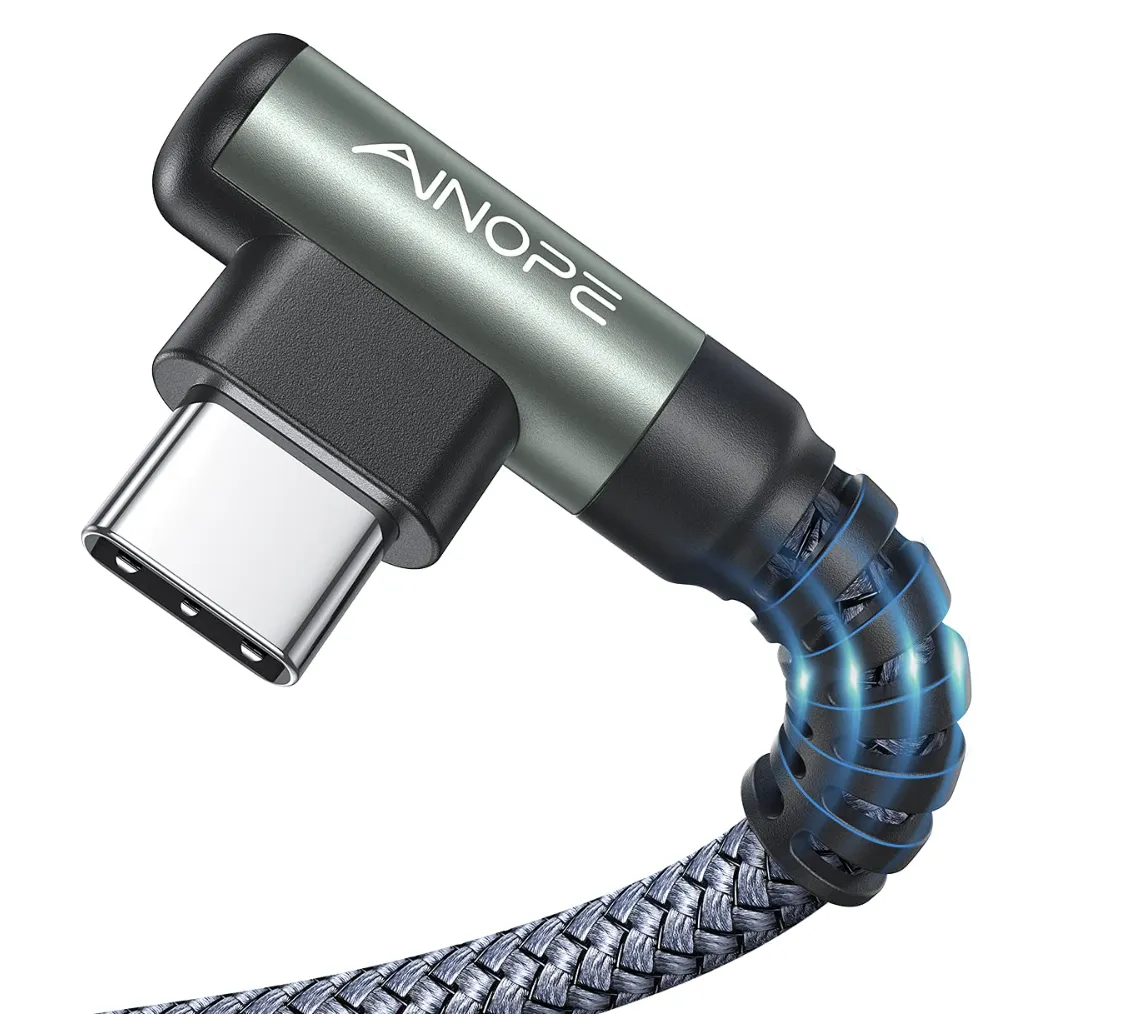
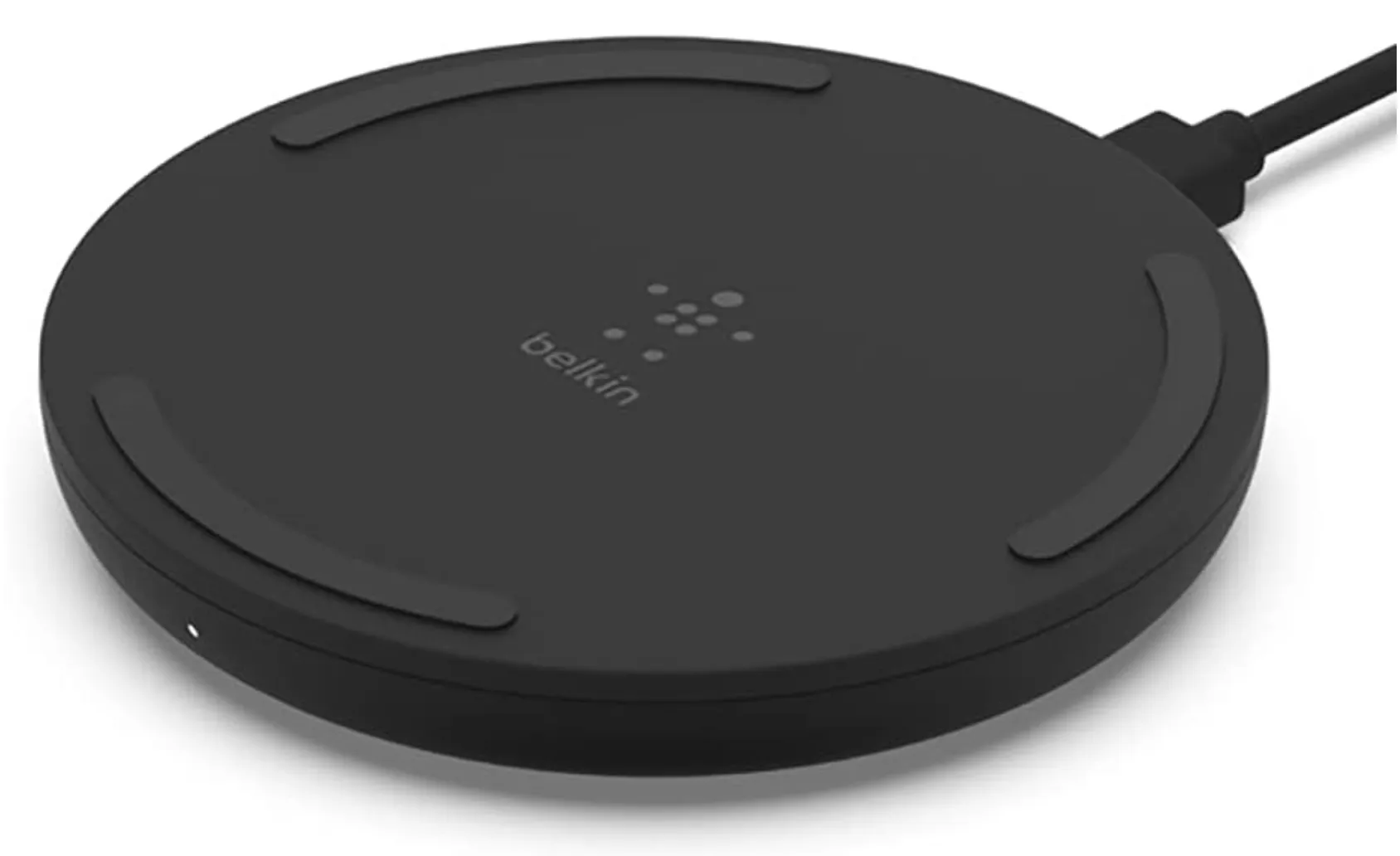









































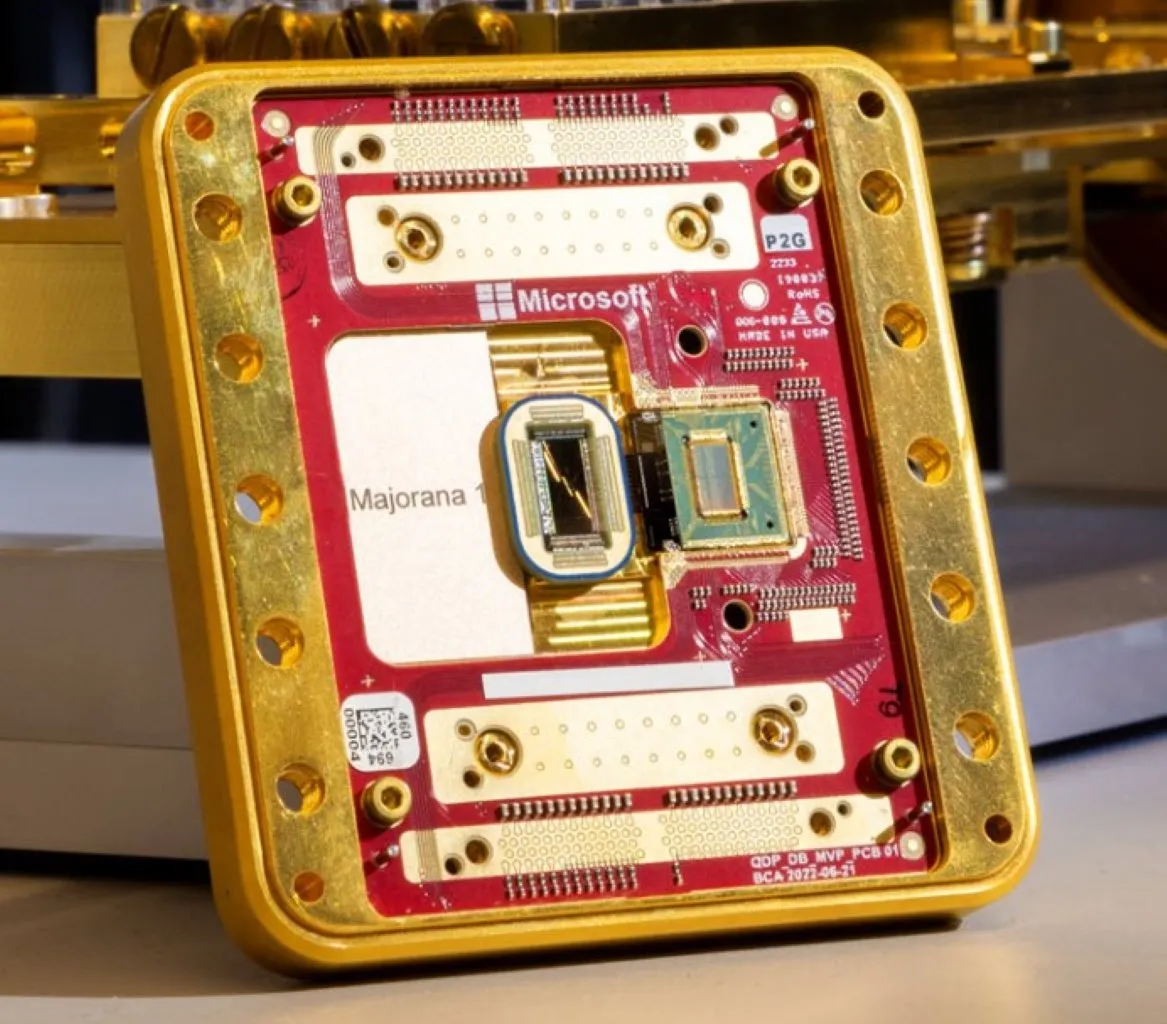

















UNBIASED TECH NEWS
AI Reporting on AI - Optimized and Curated By Human Experts!
This site is an AI-driven experiment, with 97.6542% built through Artificial Intelligence. Our primary objective is to share news and information about the latest technology - artificial intelligence, robotics, quantum computing - exploring their impact on industries and society as a whole. Our approach is unique in that rather than letting AI run wild - we leverage its objectivity but then curate and optimize with HUMAN experts within the field of computer science.
Our secondary aim is to streamline the time-consuming process of seeking tech products. Instead of scanning multiple websites for product details, sifting through professional and consumer reviews, viewing YouTube commentaries, and hunting for the best prices, our AI platform simplifies this. It amalgamates and summarizes reviews from experts and everyday users, significantly reducing decision-making and purchase time. Participate in this experiment and share if our site has expedited your shopping process and aided in making informed choices. Feel free to suggest any categories or specific products for our consideration.
We care about your data privacy. See our privacy policy.
© Copyright 2025, All Rights Reserved | AI Tech Report, Inc. a Seshaat Company - Powered by OpenCT, Inc.







